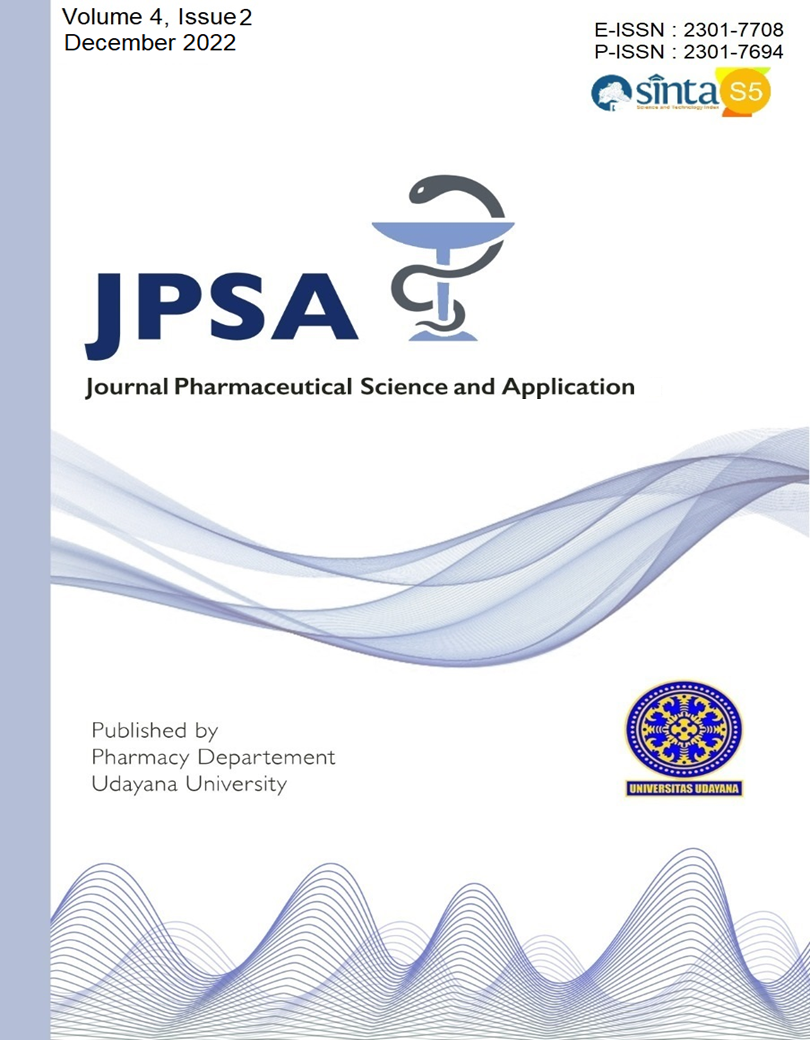THE EFFECT OF EDUCATIONAL LEAFLET USING BLOOD ADDED TABLETS ON THE KNOWLEDGE LEVEL OF PREGNANT MOTHER PATIENTS WITH ANEMIA AT PUSKESMAS 1 JEMBRANA
Abstract
Background: Anemia in pregnancy is a condition where the hemoglobin (Hb) level is less than 11gr/dl in women who are pregnant. Providing education through leaflets to pregnant women is expected to help prevent anemia during pregnancy. Objective: The purpose of this study was to determine the effect of providing education on the use of blood supplement knowledge on the level of knowledge of pregnant women with anemia at Puskesmas I Jembrana in 2022. Methods: The research design used in this study was a quantitative study with a pre-experimental design approach of Groups Pretest-Posttest. The sampling technique used was total sampling with 67 pregnant women with anemia. Results: The results of this study revealed that there was an effect of leaflet education on the use of blood-added tablets on the knowledge level of pregnant women with anemia at Puskesmas 1 Jembrana with a p-value of 0.000 < (0.05) and a mean difference in the pretest and posttest values ??of 5.43. Conclusion: There is a significant effect between the level of knowledge about the use of blood steadfast tablets and the incidence of anemia in pregnant women. It is hoped that the public, especially pregnant women, will pay more attention to their condition and always consult health workers regarding the use of blood-added tablets.
Keywords: Anemia; Leaflet; Knowledge
Downloads

This work is licensed under a Creative Commons Attribution 4.0 International License.
Authors who publish with this journal agree to the following terms:
Authors retain copyright and grant the journal right of first publication with the work simultaneously licensed under a Creative Commons Attribution License that allows others to share the work with an acknowledgment of the work's authorship and initial publication in this journal.
Authors are able to enter into separate, additional contractual arrangements for the non-exclusive distribution of the journal's published version of the work (e.g., post it to an institutional repository or publish it in a book), with an acknowledgment of its initial publication in this journal.
Authors are permitted and encouraged to post their work online (e.g., in institutional repositories or on their website) prior to and during the submission process, as it can lead to productive exchanges, as well as earlier and greater citation of published work. (See The Effect of Open Access).

This work is licensed under a Creative Commons Attribution 4.0 International License.


 HOME
HOME
















